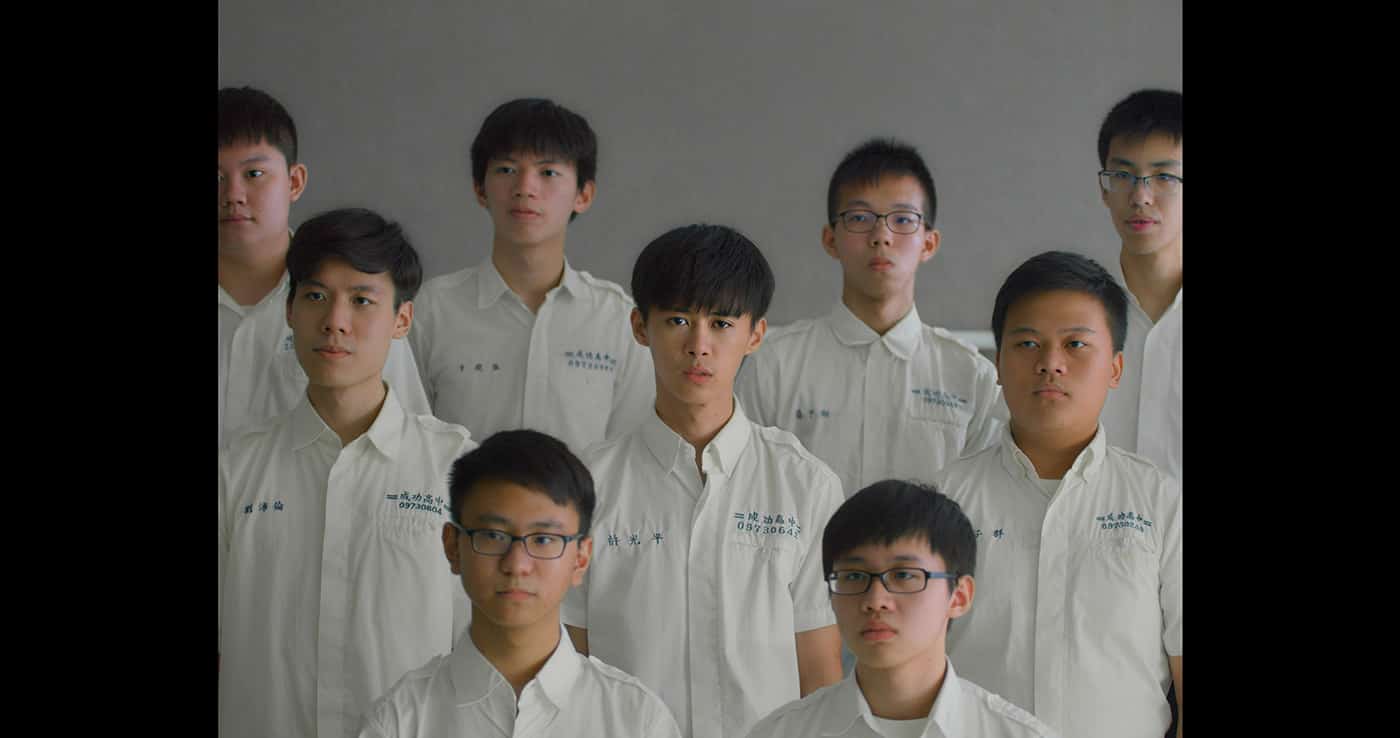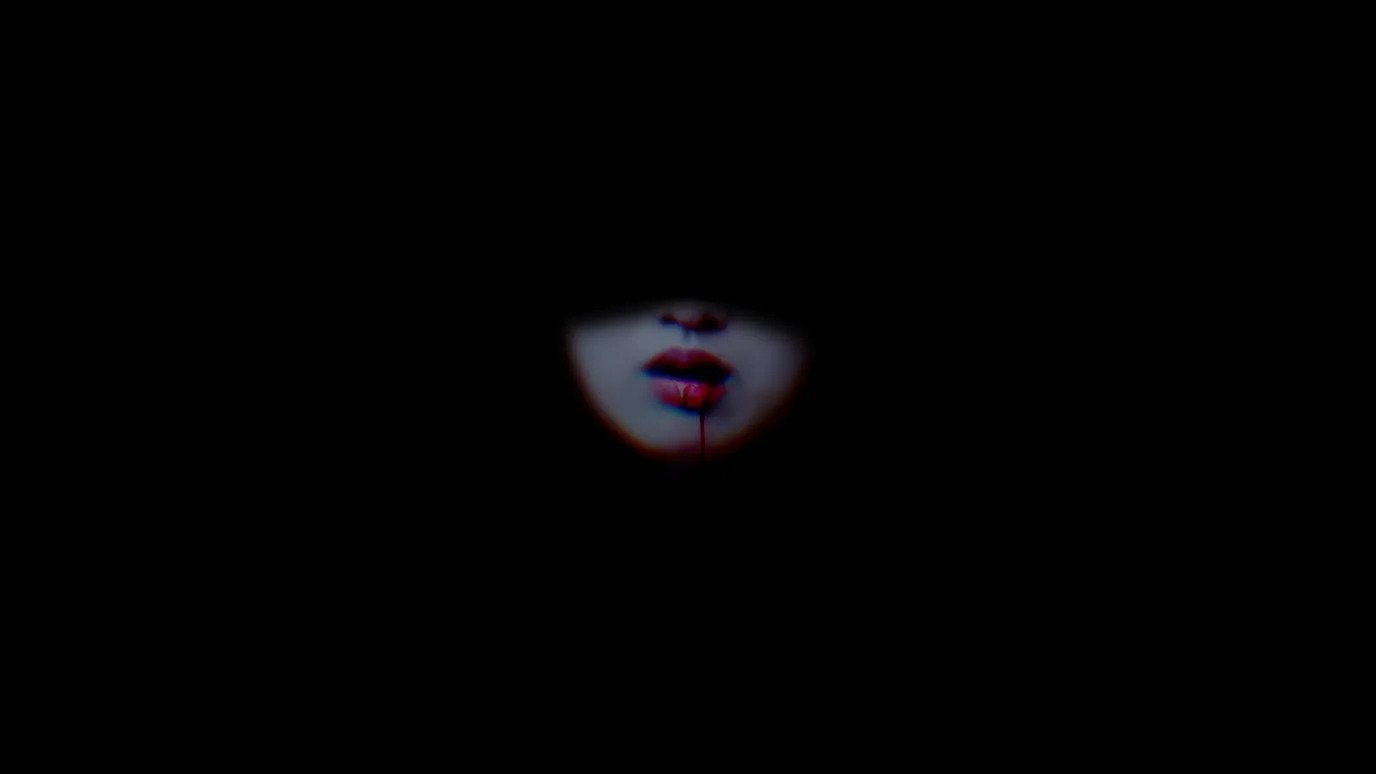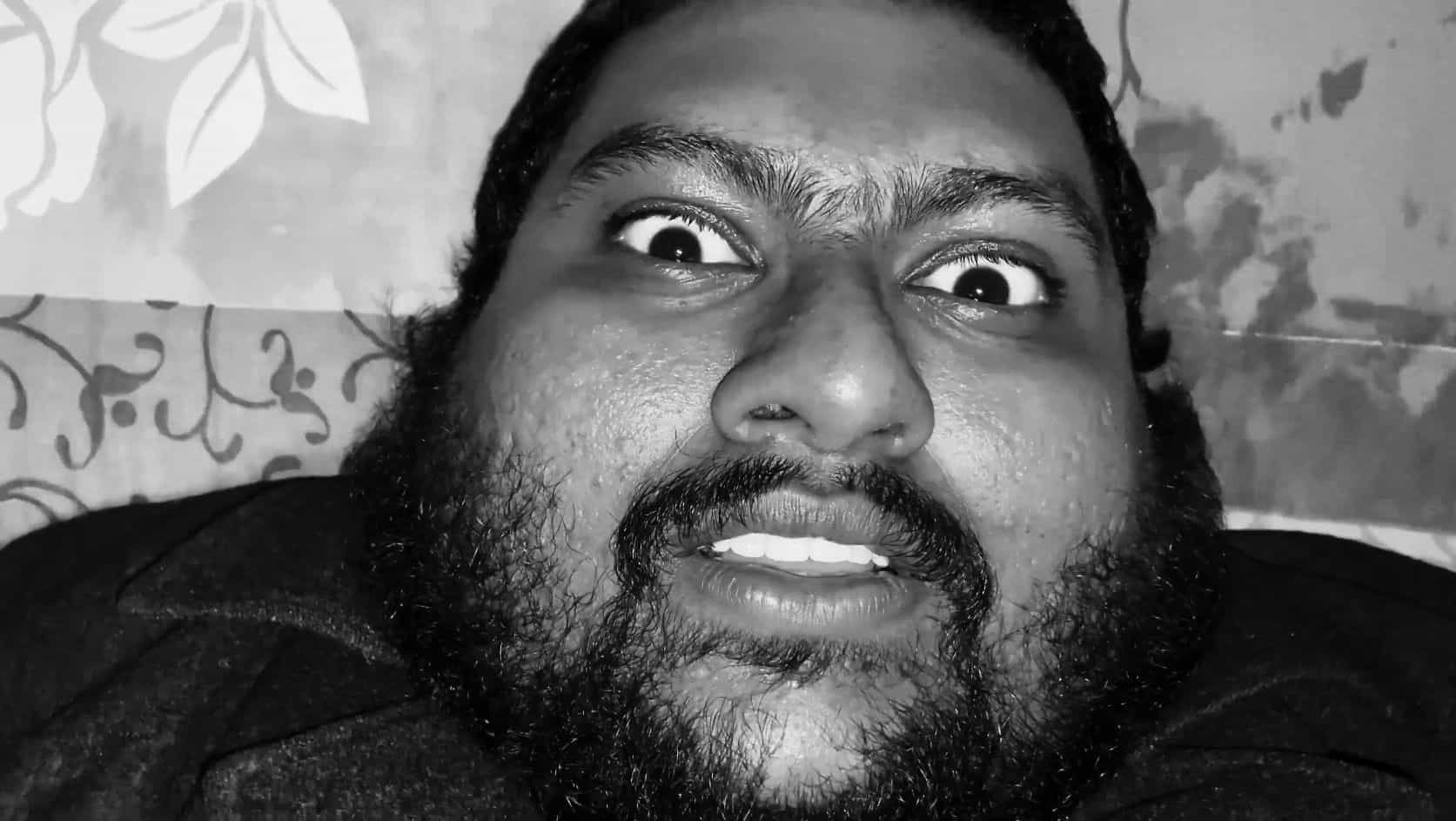For a short runtime of just under 40 minutes, “Heart In The Mandala” covers an impressive amount of philosophical perspective, a feat that elevates it from a basic, almost soap-opera level drama to a not-too-subtle, but profound meditation on the nature of suffering, the burden and spiritual significance of responsibility, and the questionable legitimacy of the concept of “destiny”, set to a backdrop of rural Bhutan. The sweet and surface-level romance that drives the narrative ultimately becomes a vehicle for themes that are hefty enough for even a feature-length to break down on the side of the road, but carries them surprisingly well.
“Heart in the Mandala” is screening on Beskop
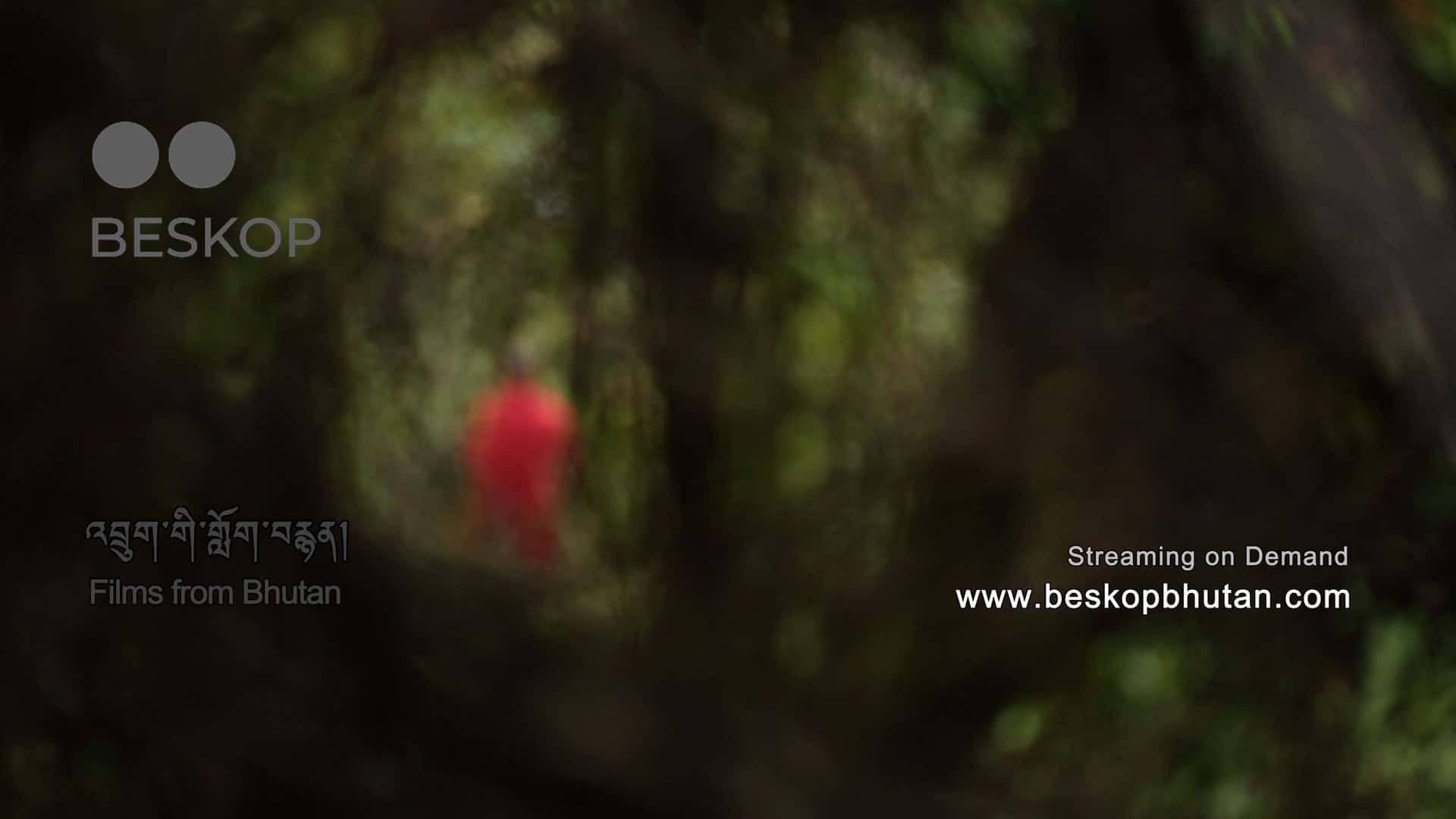
The film follows Tsomo, a young orphan who was forced to drop out of high school and sacrifice her future to care for her elder brother, Neten, after losing the use of his legs in an accident 8 years prior. Becoming a full-time cabaret dancer to make ends meet, she meets Dawa, a lonely businessman who takes a liking to her, and they soon fall in love. Having found happiness with each other, Tsomo brings Dawa home to meet her brother, unaware that the two men in her life are already connected by a dark truth.
This is clearly somewhat of a passion project for Bhutanese native Dechen Roder, who, after conceiving the idea as far back as 2011 with her brother Dhondup (who produced the movie) wrote, directed, and edited the movie herself; it shows not just in the movie, which is itself imbued with a strong moral compass and distinct perspective, but also in its very conception, being completely crowd-funded with the help of Kickstarter and 104 backers from around the world. The final amount raised was 11,091 dollars, a humble figure that, yes, may be reflected in its frequently basic staging and generally low production value, but more importantly, gives the film a true, fundamental purpose to live up to, which it does beautifully through Roder's transparent and unshakeable thematic voice.
Roder's communication of these themes through conversation between the three central characters is easily “Heart In The Mandala”'s biggest strength. One scene, in particular, carries the key to unlocking the meaning of this film, in which Neten, who, after his accident has turned to more inward healing via carpentry and spirituality, muses to Tsomo that true clarity of life and enlightenment can only be found in the human realm through the balance of suffering and Dharma (a Buddhist concept visualized as a wheel that presents an eight-step path to a noble life, and potentially Nirvana). He opposes this with the God realm and the animal realm, who have a different perception of reality; the God realm exclusively experience bliss, rendering them oblivious to the concept of enlightenment, whereas the animal realm lose their minds to endless suffering, essentially refusing them the consciousness needed to perceive Nirvana. The short monologue beautifully explains through Buddhist values the idea that knowing suffering is essential to finding true happiness and clarity of life. Another theme shows a more confrontational aspect to Roder's commentary, as the culmination of the movie becomes an indictment of those who would exploit the concept of fate and destiny, another common idea in Buddhist culture, to justify immorality and to side-step Karma.
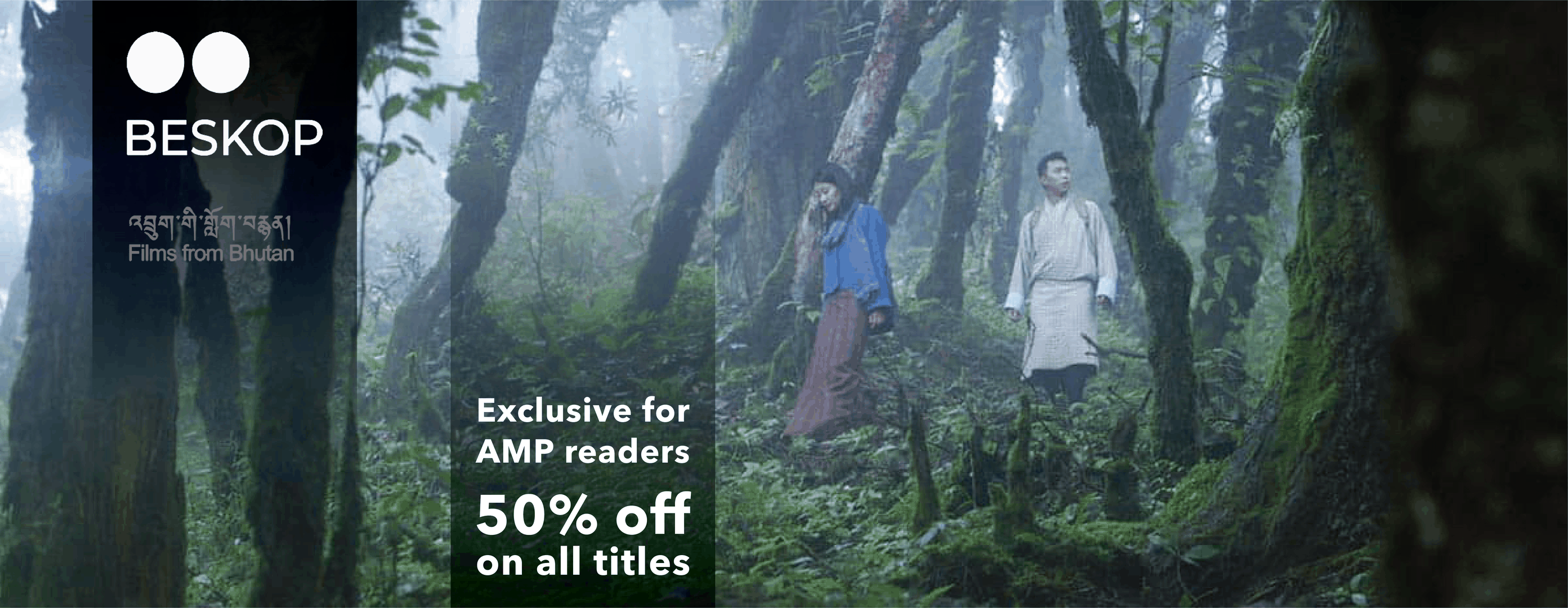
As far as acting goes, Dechen Wangmo puts on a polarising performance as Tsomo, often performing best when she has no dialogue, letting the emotions run through her face with genuine transparency; her line delivery sometimes comes across as slightly wooden, but not too an offensive degree and she, for the most part, performs solidly.
“Heart In The Mandala” thrives on the philosophy and conviction of its writer-director, who draws on traditional Buddhist teaching and perspective to challenge and provoke thought, bringing alive what otherwise would be a bit of a drab romantic drama. Not the most cinematic presentation, but well worth it for the earnest exploration of spiritual themes.




